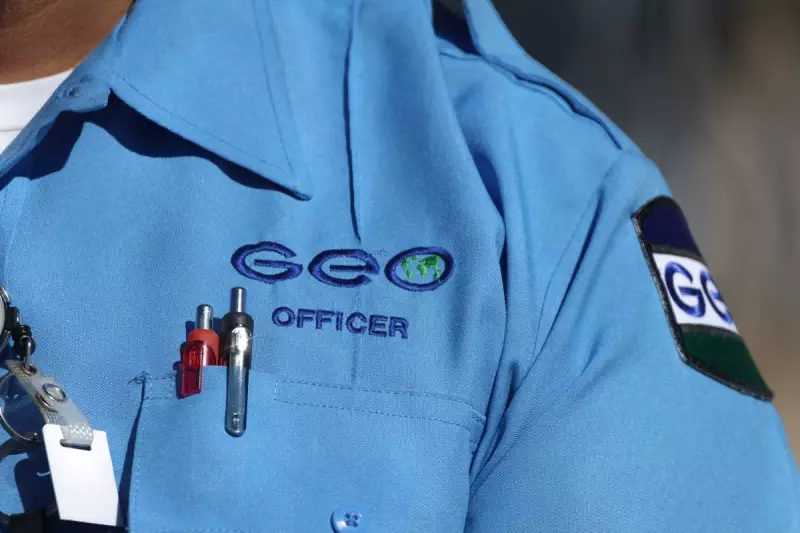
An alarming new investigation has uncovered that private donors contributing to Donald Trump's political machinery are directly financing ICE detention facilities, creating a controversial nexus between political fundraising and immigration enforcement.
The Private Funding Pipeline
Documents obtained by The Independent reveal that wealthy benefactors of Trump's Save America PAC and other affiliated groups have been channeling millions into the operation and maintenance of immigration detention centres. This private funding arrangement effectively allows donors to directly influence and support the controversial immigration policies that became a hallmark of Trump's presidency.
Ethical and Legal Questions
The scheme raises profound ethical concerns about the privatisation of what is traditionally government-run immigration enforcement. Legal experts are questioning whether this arrangement blurs the lines between political support and direct policy implementation, potentially circumventing congressional oversight and appropriations processes.
Scale and Impact
While the exact figures remain partially obscured through complex financial arrangements, sources indicate the private funding amounts to tens of millions of dollars. This additional funding has enabled the expansion of detention capacity beyond what would be possible through conventional government funding alone.
Political Reactions
Civil rights organisations and Democratic lawmakers have condemned the arrangement as "deeply troubling" and potentially unconstitutional. Meanwhile, supporters argue that private citizens have the right to support policies they believe in, including robust immigration enforcement.
Broader Implications
This revelation comes amid ongoing debates about the influence of wealthy donors in American politics and raises questions about whether similar arrangements could emerge in other areas of policy implementation, potentially creating a parallel system of privately-funded government functions.
The investigation continues to develop as more documents are analysed and lawmakers call for official inquiries into the matter.





